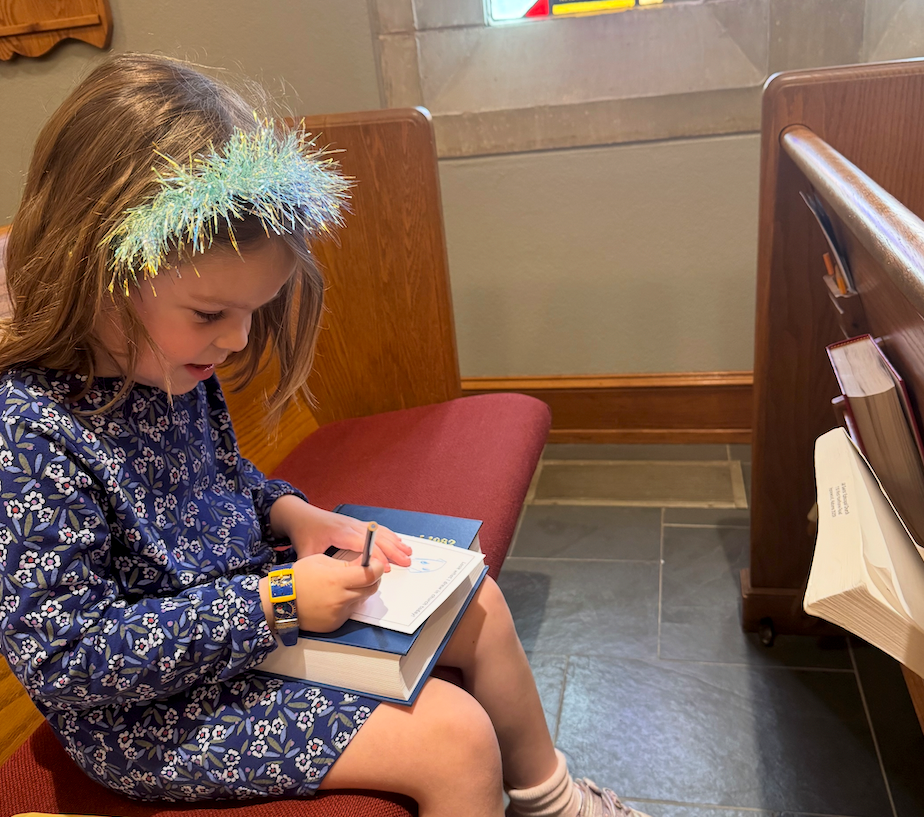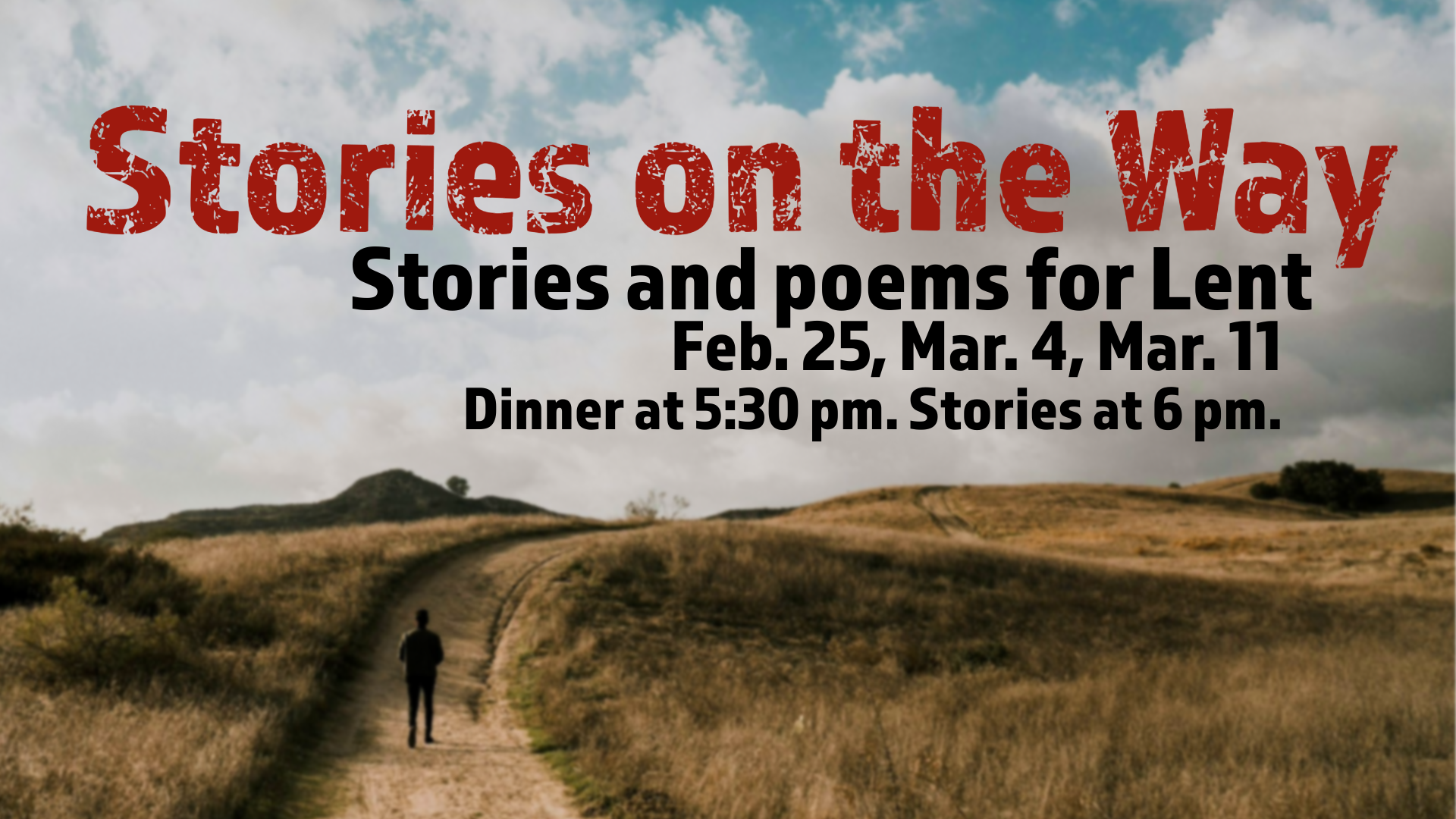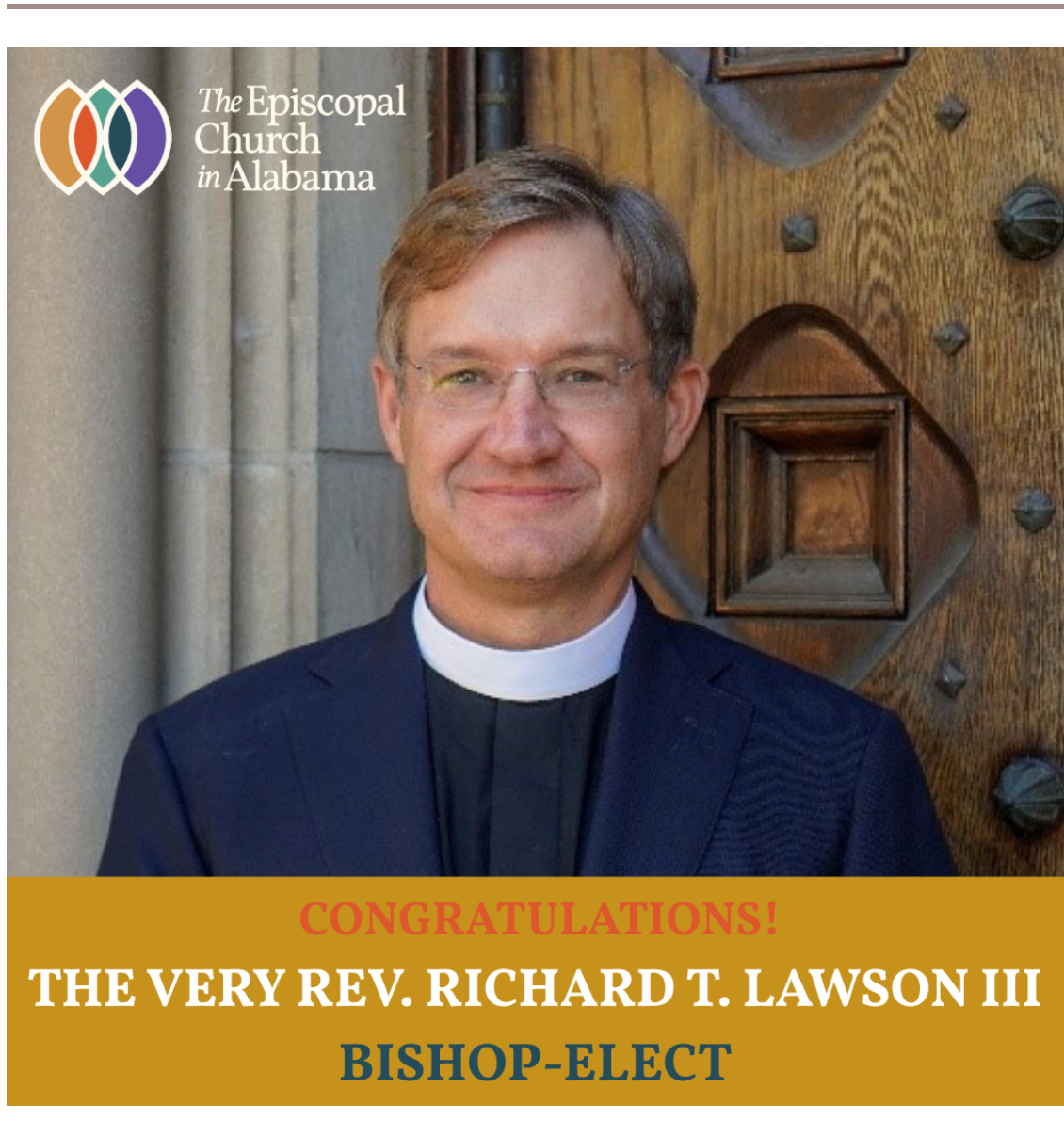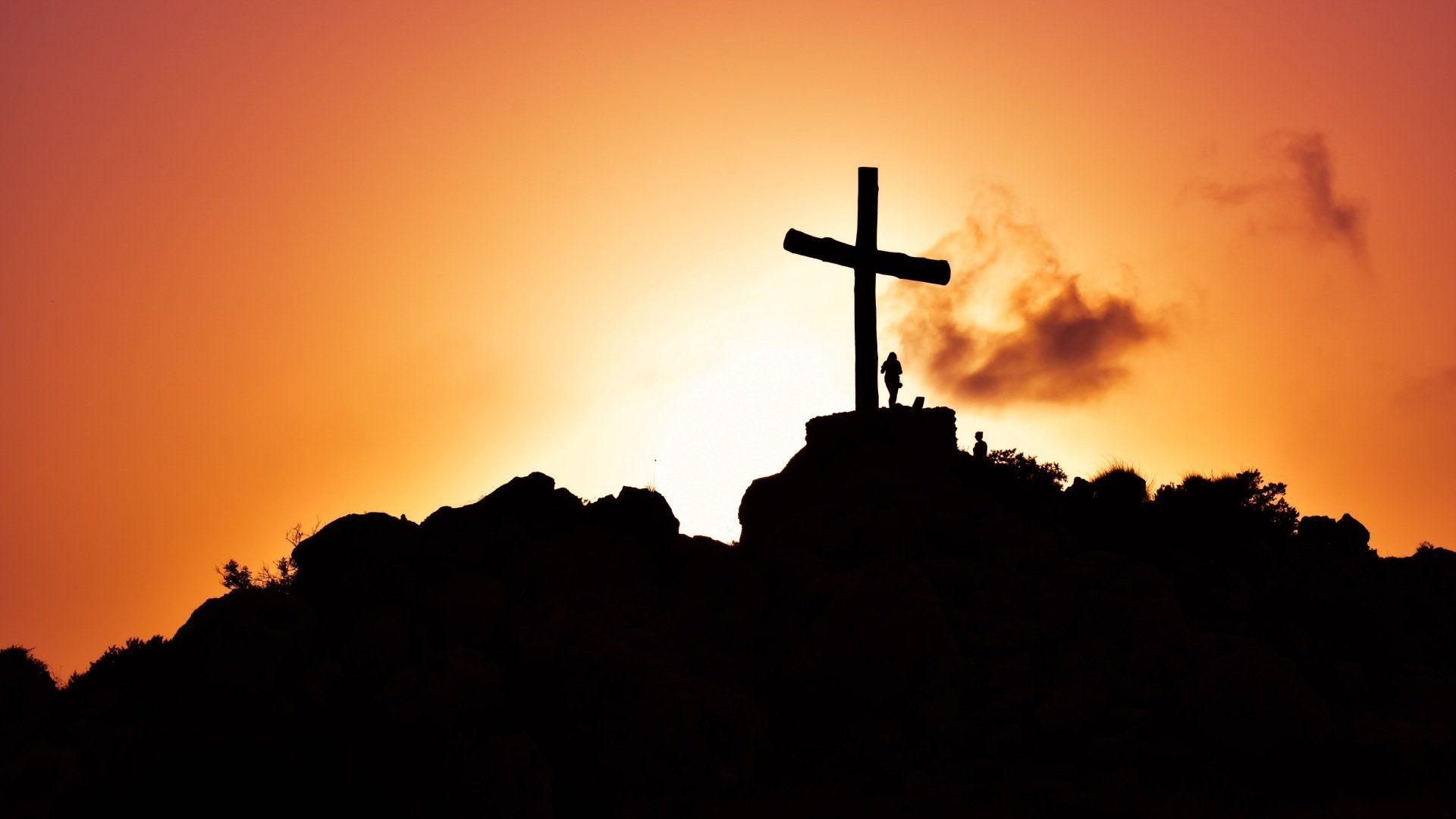Therefore...
The Rev. Bradley J. Landry
Proper 7c (2022)
Why are you so full of heaviness, O my soul?
And why are you so disquieted within me?
Over, and over again this is the cry of distress the psalmist laments to God in the psalms which we have just recited this morning.
Why are you so full of heaviness, O my soul?
And why are you so disquieted within me?
Perhaps our souls are heavy today because, as Mother Theresa once prayed, “God break my heart so completely that the whole world falls in.”
Or, perhaps our souls are disquieted today because we have grown numb to the white noise of weekly tragedies, our hearts hardened like stone. “Compassion fatigue” it has even been called.
Heaviness. Do you feel it?
Disquietude. Yes, our anxious thoughts can get so noisy.
Those are two words that I imagine summarize very well what many of us may have been feeling these past several days.
Thursday evening I began to receive multiple messages from friends back in Texas frantically asking if we were safe. Alarmed, I began to search for breaking news and my stomach lurched as I stared in disbelief at the words “active shooter - St. Stephen’s - Vestavia Hills.” I preemptively sent a message to my parents - who never seem to stop worrying about their adult son - before they saw the news and panicked.
In this world of weekly tragedies, it’s no wonder our hearts sometimes throb in pain, and at other times seem numb and stone cold.
Why are you so full of heaviness, O my soul?
And why are you so disquieted within me?
But here’s the thing. And it’s a BIG thing for us to pay attention to: Often in the very next breath, as if out of some sense of defiant hope, the psalmist says a surprising word: therefore.
Yes, my soul may be heavy; THEREFORE I will recount the goodness of God.
Yes, my soul may be disquieted with in me; THEREFORE I will remember the faithfulness of our Father.
Yes, there may be wickedness in the world; THEREFORE I will recall the lovingkindness of the Lord.
THEREFORE, for us, despite our own heaviness of heart and disquietude of spirit, though our hearts may be throbbing or hard as stone…we must remember. We must recount who God is, we must recall who and whose we are. In the midst of inexplicable evil and suffering, we must lean on one another - literally re-membering ourselves to one another and to God. Like the psalmist, we must ask ourselves “What act of defiant hope, what remembrances will we utter as we call on our faith during these troubled times?”
Well, first of all, this morning we are given a lesson from the First Book of Kings where, we may remember, the prophet Elijah has had his life threatened by the idolatrous King Ahab and Queen Jezebel. Having previously witnessed the almighty power of God called down on Mount Carmel, Elijah is now scared and running for his life…fleeing nearly three hundred miles away to Mount Horeb. And, truth be told, he is exhausted and ready to die. He is led to a cave where God reveals God’s-very-self to Elijah, this time not in flash or flame, not in a loud rushing wind or earthquake, but in what the scripture calls “the sound of sheer silence.”
Silence.
At the diocesan prayer vigil this past Friday, Bishop G spoke of silence as the “lap of God.” And in the midst of unspeakable suffering and violence, sometimes silence is the only appropriate response. Silence, which, as Elijah learned, is not the absence of God, but rather the sacred silence that speaks of a presence more powerful than words.
Admittedly, practicing such sacred silence can be difficult when our souls are disquieted. Those who are practitioners of centering prayer or meditation will often tell you that perfection is not the goal, but merely the return to the breath, or scripture, or whatever tool is used to quiet anxious thoughts. Maybe Elijah is teaching us that, even and especially in the midst of violence and fear, to be still. Be still and know. To be still and know that God is still with us. This inner stillness, this peaceful presence is what must precede and empower any meaningful action we take in the world.
Secondly this morning, we have been given this rather perplexing story of Jesus’ encounter with the Gerasene demoniac. Whether we’d call this today severe mental illness or assign it to the spiritual forces of darkness, what matters is that Jesus saw this man. He saw this man not as others in the town saw him (as a threat), but saw in him - distorted as it was - the image and likeness of God. Like the Gerasene demoniac, there is much that needs to be cast out, much that needs to be healed both in ourselves and in our world. But it is also worth remembering, as Jesus did with this man, the inherent goodness, the original grace bestowed upon us by our Creator.
Yesterday there was a touching and powerful tribute by the family of Walter Rainey - one of the victims who died on Thursday. Walter, a longtime parishioner at St. Stephen’s, had seen this unknown man sitting alone at the potluck and invited him to join the others. The family reflected that their father, grandfather, and friend had died doing what he had done so many times before: practicing hospitality, living out his faith, inviting others to come to the table and break bread together in the fellowship of faith. In the midst of this tragedy, it is a powerful statement on behalf of this family to proclaim that he died practicing his faith.
Friends, as we grapple with heavy hearts and disquieted spirits, I do not have any easy answers as to what reforms might be made or what policies put in place that would help bring an end to these senseless acts of violence.
What I do know is that our diocese and our vestries will be discussing security plans and how to keep church a safe space, while also remaining open and hospitable to all who enter these doors.
What I do know is that we are a people who proclaim and practice resurrection.
What I do know is that we remember who God is and who we are best when we gather together as the body of Christ.
Our hearts may be heavy, but we are not alone. Our spirits may be disquieted, but fear not, Christ will speak the peace we long to hear.
THEREFORE, “Put your trust in God,” reminds the psalmist, “for I will yet give thanks to him, who is the help of my countenance, and my God.”
More Announcements


